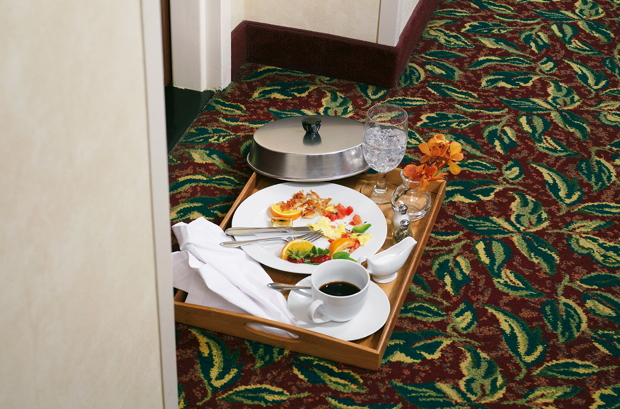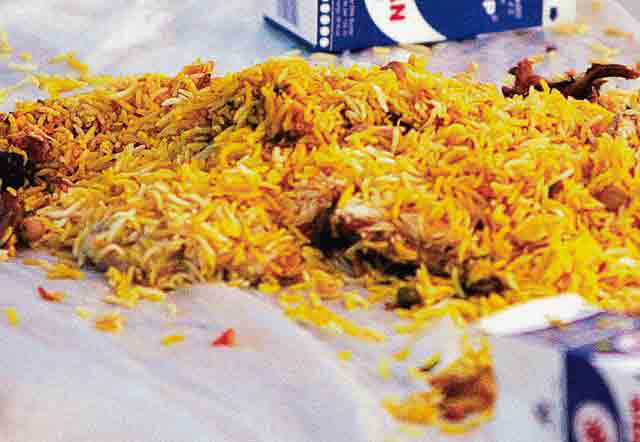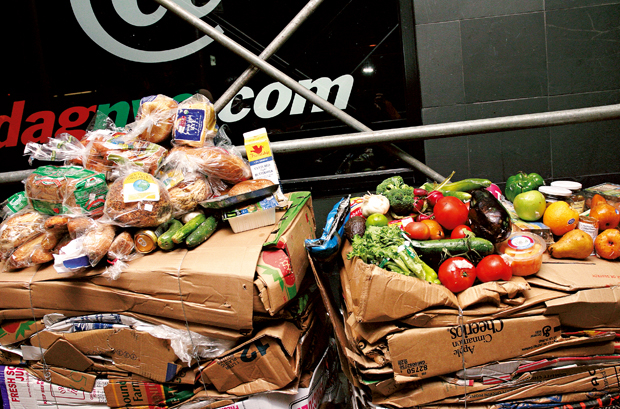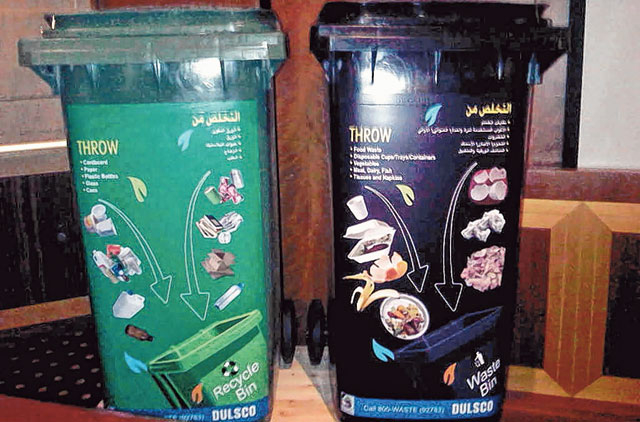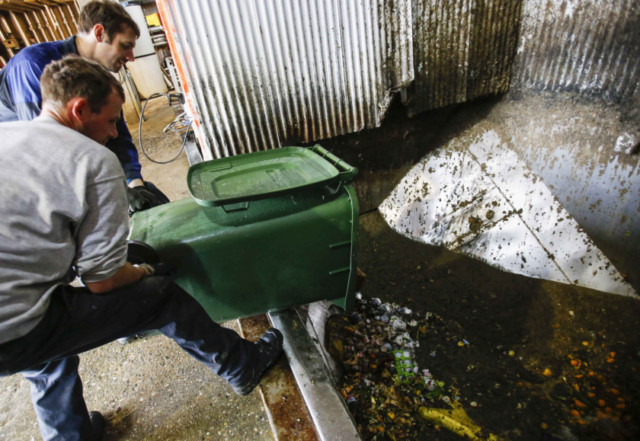Dubai: Dubai Municipality has succeeded in recycling 50 million gallons of oil, grease and food waste into raw materials, said Engineer Hassan Makki, Director of Sewerage Network Department at Dubai Municipality.
The converted oil and food waste becomes raw materials that can be used in the manufacture of soaps, candles and biofuels, he added.
He explained that the municipality possesses a sustainable plan for the collection, transfer and recycling of waste oils and other lubricants. Also, locally issued resolutions passed in 2002 and 2007 are set to develop tighter control over sewage systems in the food industry.
The resolutions passed are to ensure the commitment of restaurants and hotels to the laws concerning sanitation systems.
“Oils and fats leaking into the sewerage systems can block the drainage pipes which can cause environmental disasters, eliminating municipal efforts in the field of preserving the public health of the emirate,” said Makki.
He explained that it is facilities’ responsibility to install grease traps that prevent oils from passing through into the sewerage systems. Since oils float on the surface of water, grease traps allow the separation of these oils from the rest of the wastewater discharged in sewage plants located in both Warsan and Jebel Ali.
Dubai Municipality has allowed 28 accredited waste companies to transport oils and grease from restaurants and hotels to the Serkal (Anverol) oil recycling plant. Makki added that these services are offered at a reasonable price affordable by food facilities in order to ensure environmental sustainability for those living in the emirate of Dubai.
A comprehensive study was carried out by the municipality regarding the local resolutions issued to measure the extent of their effectiveness. Makki said that results were positive with a decrease in the number of complaints regarding blockage in sewerage systems, a decrease in the number of violations by food facilities and an increase in public awareness regarding the issue.


